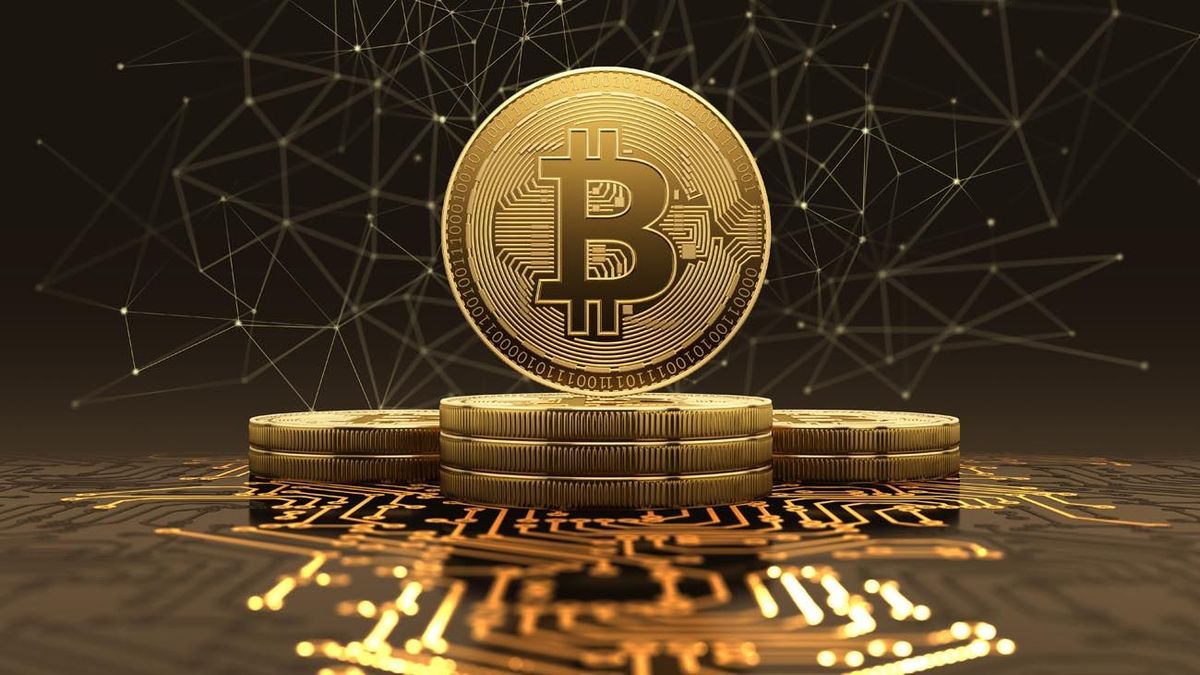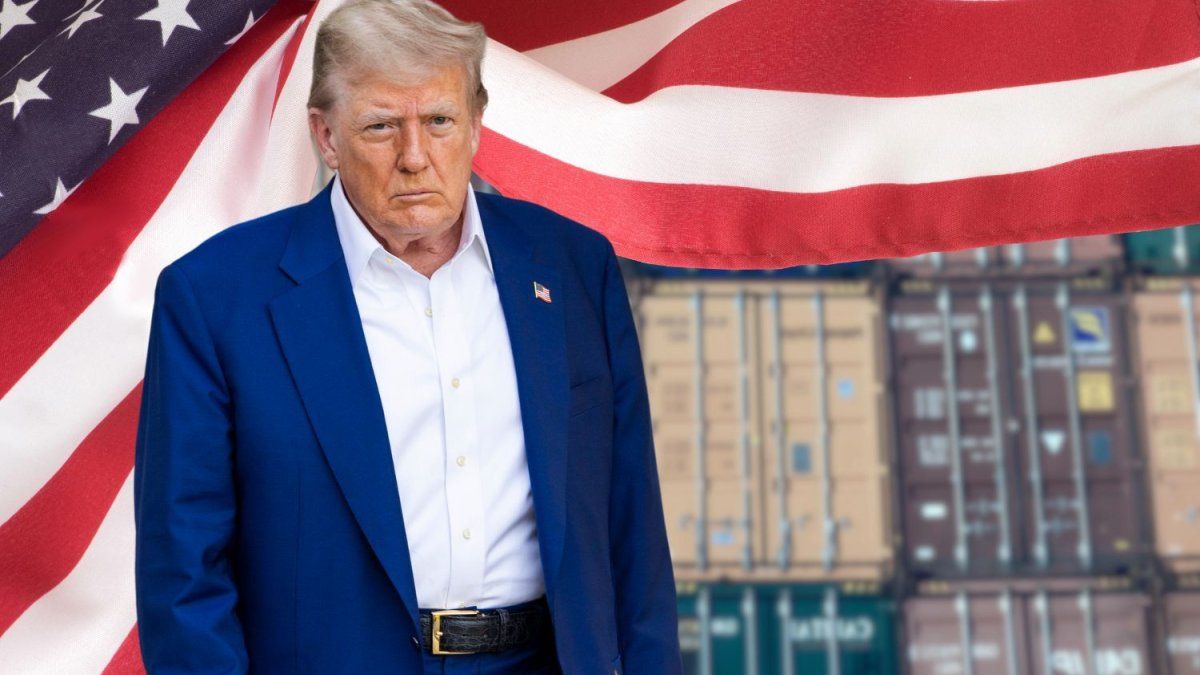What would happen to international trade, consumers, governments and the environment and how the process of huberbitcoinization could be unleashed.
Three key questions asked to chatGPT describe the pros and cons that artificial intelligence warns of in a supposed future world where Bitcoin becomes a world store of value. What would happen to international trade, consumers, governments and the environment and how could the process of hyperbitcoinization be unleashed?
The content you want to access is exclusive to subscribers.
What would need to happen for Bitcoin to be the world’s reserve currency?
- Financial crisis and mistrust in fiat currencies: a global financial crisis causes widespread distrust of fiat currencies. Governments respond to the crisis by printing large amounts of money, leading to inflation and, in some cases, hyperinflation. People start looking for more stable alternatives and turn to Bitcoin.
- Bitcoin adoption by financial institutions– As confidence in fiat currencies wanes, financial institutions begin to adopt Bitcoin. Banks start offering Bitcoin services, and stock exchanges start trading in Bitcoin. This increases the liquidity of Bitcoin and makes it easier to use in trading and investing.
- Legalization and regulation of Bitcoin by governments: Faced with widespread adoption of Bitcoin, governments begin to legalize and regulate Bitcoin. They create laws to protect consumers and prevent money laundering and other illegal activities. This increases trust in Bitcoin and makes it easier to adopt.
- Consumer Adoption of Bitcoin: With the adoption of Bitcoin by financial institutions and governments, consumers are starting to use Bitcoin for their daily transactions. Companies like Amazon and Apple accept Bitcoin, and people can buy groceries and pay their bills with Bitcoin.
- Technological innovation: To support the growing use of Bitcoin, major technological innovations occur. Bitcoin transactions become faster and less expensive, and new technologies are developed to make Bitcoin mining more energy efficient.
- Bitcoin becomes the world’s store of value: With the widespread adoption of Bitcoin, it gradually becomes the world’s store of value. Governments and financial institutions hold their reserves in Bitcoin, and international trade is conducted in Bitcoin. At this point, the world has become hyperbitcoinized.
What would a hyperbitcoinized world look like?
- Decentralization of economic power: bitcoin is a decentralized currency, which means that no entity or government has direct control over it. In a world where Bitcoin is the global store of value, economic power would be more distributed. This could reduce the influence of countries that currently control reserve currencies, such as the United States.
- Financial stability: bitcoin has a maximum supply of 21 million units, which could lead to greater financial stability, since governments would not be able to inflate the currency through excessive printing of money. However, this could also limit the flexibility of monetary policies, which governments use to manage economic crises.
- financial inclusion: bitcoin and other cryptocurrencies could enable greater financial inclusion. People in countries with less developed financial systems would have the same ability to participate in the global economy as those living in more developed countries. This could lead to a global redistribution of wealth.
- Changes in international trade: Currently, international trade is carried out mainly in US dollars. If bitcoin were to become the reserve currency, trade agreements would have to adapt. This could make trading more efficient, but could also present challenges as bitcoin’s volatility is much higher than the dollar’s.
- Changes in regulation and security: With the increase in the use of Bitcoin, the need for new regulations and security measures would also increase. Although Bitcoin is secure by design, its increasing use would attract more malicious actors. Regulations would also have to be adapted to protect consumers and prevent illegal activities.
- Changes in technological infrastructure: A hyperbitcoinized future would require a much more robust technological infrastructure. Everyone would need to have access to the Internet and digital devices to participate in the economy. Governments and companies would have to invest significantly in technology and education to keep up.
What would be the negative consequences of hyperbitcoinization?
- Volatility: bitcoin is known for its high volatility. Sudden and dramatic changes in its value can lead to economic instability. If bitcoin becomes the global store of value, this volatility could have a direct impact on the global economy.
- wealth inequality: The early adoption of Bitcoin has led to a significant accumulation of wealth in a small group of people. If bitcoin becomes the world’s reserve currency, this inequality could be exacerbated.
- Monetary Policy Limitations: Governments use monetary policy to help control the economy, influencing things like inflation, unemployment, and economic growth. In a hyperbitcoinized world, governments would have limited control over monetary policy, since they would not be able to issue or control Bitcoin.
- Environmental problems: Bitcoin mining consumes a significant amount of energy, which may contribute to climate change. As the use of Bitcoin expands, this problem could worsen unless more energy efficient technologies are implemented.
- financial exclusion: While Bitcoin has the potential to increase financial inclusion, it could also have the opposite effect. Those who do not have access to the technology necessary to use Bitcoin could be left out of the economy.
- cybersecurity: With an increase in Bitcoin transactions, security risks would also increase. Hackers could try to steal Bitcoin, which could jeopardize individual and global economies.
- Lack of consumer protection: Bitcoin transactions are irreversible, which means there is no protection for consumers in the event of fraud or transaction errors. This could make people more reluctant to adopt Bitcoin.


Source: Ambito
I am a 24-year-old writer and journalist who has been working in the news industry for the past two years. I write primarily about market news, so if you’re looking for insights into what’s going on in the stock market or economic indicators, you’ve come to the right place. I also dabble in writing articles on lifestyle trends and pop culture news.




